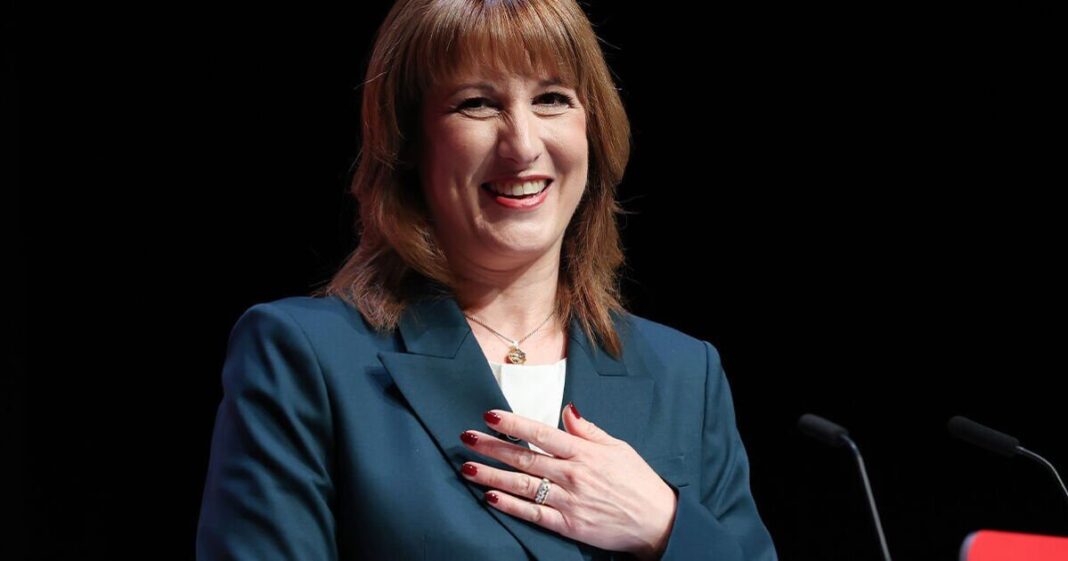Pressure is growing for the Government to bring in a tax break for income tax. A petition to Parliament is calling for the personal allowance to be increased to £20,000.
The current allowance means you can earn up to £12,570 a year without paying income tax. If the allowance was increased to £20,000, a person on the basic rate earning £20,000 or more would save £1,486 in tax.
This would mean a family with two adults where both earn £20,000 or more and are on the basic rate would see their tax bills drop by £2,972 a year. The petition calling for the increase in the allowance reads: “This would help with increasing rent, mortgages, council tax, and gas and electric bills. Some families can’t afford to go back to work after children due to childcare costs wiping their whole income.”
More than 28,000 people have signed the petition at the time of writing, meaning the Government will have to issue a response. Ministers have to provide a response if 10,000 people show their support for a petition to Parliament.
If the campaign continues to gather support and can reach 100,000 signatures, the matter will be considered for debate in Parliament.
‘Ridiculous amounts of tax’
The petition urges: “We think that we are currently paying ridiculous amounts of tax, and that minimum wage isn’t even enough to support an average family. We believe that this would lead to a massive increase on people willing to look for work, instead of people not wanting to, due to it being too expensive to now live.”
The National Living Wage is currently £12.21 a week for people aged 21 and over. This means a person working full time at 35 hours a week at this rate would earn around £22,200 a year.
The personal allowance is frozen at its current rate until April 2028. You pay income tax at 20 percent on income between £12,571 and £50,270, and then pay 40 percent on earnings between £50,271 and £125,140. Any income above this level is taxed at the additional rate of 45 percent.
However, when your yearly income moves above £100,000, you start to lose your personal allowance, which decreases by £1 for each £2 you earn above £100,000. This means you get zero personal allowance once you earn £125,140 or more.


